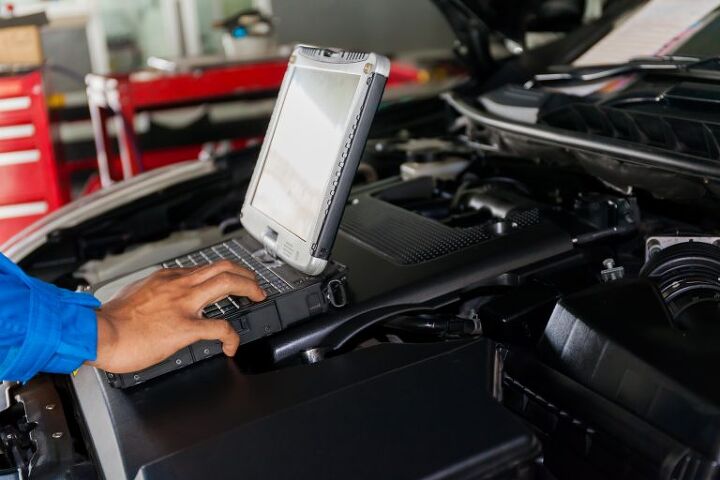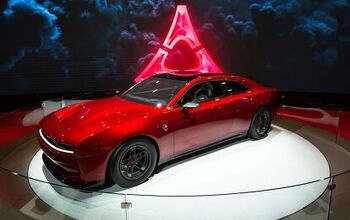355 Views
Opinion: Big Fines and EPA Crackdowns Spell Big Trouble for Speed Shops

by
Jo Borras
(IC: employee)
Published: September 13th, 2021
Share
Whether it’s adapting to a rapidly changing performance landscape or overcoming the encryption that’s being built in to cars’ electronic brains, it’s tough to be a tuner these days. But you know what they say, “When it rains, it pours.” And, for aftermarket performance tuners, the hits just keep on coming.Don’t take my word for it, though. Ask Brent Leivestad, the owner of a small Colorado speed shop called PFI Speed who just got hit with an $18,000 EPA fine – a fine that, if not paid within 30 days, could increase to $180,000.
#Aftermarket
#California
#Editorial
#Environment
#EnvironmentalProtectionAgency
#EPA
#Op-Ed
#Opinions
#Rants
#Regulation
#Tuning

Jo Borras
I've been in and around the auto industry since 1997, and have written for a number of well-known outlets like Cleantechnica, the Truth About Cars, Popular Mechanics, and more. You can also find me talking EVs with Matt Teske and Chris DeMorro on the Electrify Expo Podcast, writing about Swedish cars on my Volvo fan site, or chasing my kids around Oak Park.
More by Jo Borras
Published September 13th, 2021 12:00 PM
Latest Car Reviews
Read moreLatest Product Reviews
Read moreRecent Comments
- ToolGuy "I have my stance -- I won't prejudice the commentariat by sharing it."• Like Tim, I have my opinion and it is perfect and above reproach (as long as I keep it to myself). I would hate to share it with the world and risk having someone critique it. LOL.
- SCE to AUX Sure, give them everything they want, and more. Let them decide how long they keep their jobs and their plant, until both go away.
- SCE to AUX Range only matters if you need more of it - just like towing capacity in trucks.I have a short-range EV and still manage to put 1000 miles/month on it, because the car is perfectly suited to my use case.There is no such thing as one-size-fits all with vehicles.
- Doug brockman There will be many many people living in apartments without dedicated charging facilities in future who will need personal vehicles to get to work and school and for whom mass transit will be an annoying inconvenience
- Jeff Self driving cars are not ready for prime time.


































Comments
Join the conversation
Tyranny...
It is of course illegal to operate non-compliant vehicles on public roads, but the law, as written, also prohibits even the installation of non-compliant parts into road-going vehicles. These speed shops are operating without even the merest whiff of plausible deniability that parts vendors successfully hide behind. If the customer’s vehicle is registered, or arrives under its own power, it’s impossible for them to not reasonably know they’re installing parts that are illegal for on-road use, into vehicles they know to be road-going, which means they’re violating the law. To be fair, the guys who order and install go-fast parts from the Jegs catalog are breaking the same laws, but it’s a lot easier to fly under the radar, doing it once in your driveway, to your own car, using parts sourced from a vendor who scrupulously remains unwitting to their ultimate use.